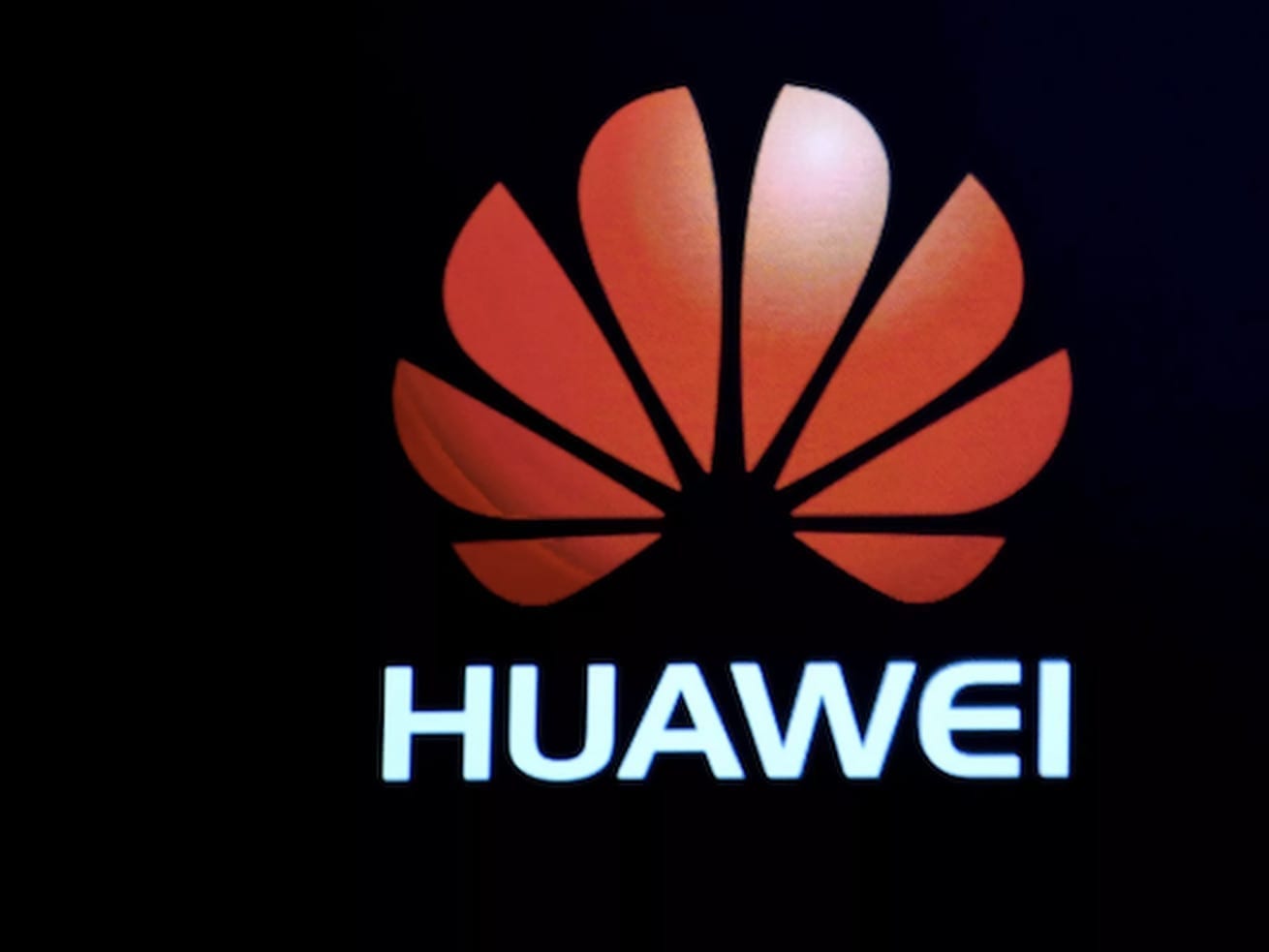Vox Sentences is your daily digest for what’s happening in the world. Sign up for the Vox Sentences newsletter, delivered straight to your inbox Monday through Friday, or view the Vox Sentences archive for past editions.
Huawei is dealt another blow in the international market as Google moves against it; Australia’s conservative party emerges from the country’s election as the surprising winner.
Google restricts Huawei’s access to its services
/cdn.vox-cdn.com/uploads/chorus_asset/file/16289561/sentences5.20.172056.png) Ethan Miller/Getty Images
Ethan Miller/Getty Images- Google is restricting Huawei’s access to its services after Trump’s administration blacklisted the company. [Reuters / Angela Moon]
- Huawei is a major tech company that is the second largest smartphone seller after Samsung, and it heavily relies on Google’s Android system and the Google Play app store. [The Wall Street Journal / Dan Strumpf and Yoko Kubota]
- Google is complying with Trump’s executive order from last week that barred American companies from doing business with national security threats without permission from the US government. Though the president did not explicitly call out the Chinese tech company, the move is widely viewed as an attack against Huawei. [Politico / Eric Geller]
- These restrictions come from concerns about national security issues raised about Huawei in the past. Because of Huawei’s close ties with the Chinese Communist Party, experts have long been worried about the possibility of the Chinese government spying on Americans using Huawei devices — although Huawei vehemently denies that’s the case. [Vox / Emily Stewart]
- Other countries have made expressed similar concerns about security issues. Japan banned Huawei from official government contracts in 2018. [The Washington Post / Simon Denye]
- The ban isn’t an immediate hit for the company: Google will continue its service on existing Huawei phones, and Huawei has been developing its own operation system for years. But for a company that is looking to expand its brand beyond China, being cut off from Google will be a significant blow in international markets. [CNN / Sherisse Pham]
- This also doesn’t help the United States rapidly declining relationship with China following Trump’s trade war. Tension remains high with Beijing, with no sign of relief. [NYT / Adam Satariano]
A surprise win for Australia’s conservative party
- Australia’s conservative Liberal-National coalition celebrates a “miracle” win in federal elections — despite predictions that they would fall short. [Reuters / Lidia Kelly and Jonathan Barrett]
- Polls had strongly favored the opposing Labor Party, a sign that Australians might go for a big change after years of political turmoil and infighting within the Liberal-National coalition. No prime minister has been able to finish a full three-year term since 2007. [BBC]
- The party’s leader and current Prime Minister Scott Morrison’s popularity may have helped his party’s win, especially because Labor Party leader Bill Shorten failed to enamor voters. Shorten has since stepped down from his leadership position. [Australia Financial Review / Phillip Coorey]
- The Labor Party ran on issues like climate change and income inequality, which resonated with some areas in Australia. Morrison, on the other hand, emphasized economic stability, jobs, and cuts to immigration — a message that ended up resonating closely with more voters. [AP / Rod McGuirk]
- The election was also seen as a referendum on the ruling party’s failure to acknowledge climate change as a major crisis –– an issue that has been cited as very important for Australians as many have experienced its consequences. The election results, however, show that immediate job security might still be a higher priority than climate change for many voters. [NYT / Damien Cave]
- Australia continues the trend of several countries that have been shifting to the right, including Brazil, Hungary, and Italy. [NYT / Damien Cave]
Miscellaneous
- There is still little we understand about evolution for space dwellers, but scientists say that it’s safe to assume that Mars colonizers will experience significant mutations. [Futurism / Natalie Coleman]
- A billionaire has announced he will pay off the student loans of almost 400 students from Morehouse’s class of 2019. That amounts to about $40 million. [CBS / Megan Cerullo]
- Despite the backlash this season has received, Game of Thrones’ final episode hit a record 19.3 million viewers for its final episode. [CNBC / Sarah Whitten]
- Sesame Street talks about foster care, incarcerated parents and homelessness. And by doing so, they teach kids how to address trauma. [The Atlantic / Julie Beck]
- The Eiffel Tower is closed after a man tried to climb the iconic monument. [CNN / Saskya Vandoorne, Antoine Crouin and Bianca Britton]
Verbatim
“This is all playing out in real time, right now. We are one of the most vulnerable nations in the developed world when it comes to climate change.” [Joëlle Gergis, an award-winning climate scientist, on the importance of addressing climate change during the Australian election]
Listen to this:
Zack, Jenn, and Alex examine Trump’s trade war with China, which appears to be back on after negotiations failed to produce a deal. [Spotify | Apple Podcasts]
Read more
The rise and fall of the tankini
Little Caesars is the latest chain where you can try out meatless meat
There’s hope for a better Game of Thrones ending in George R.R. Martin’s books
The Star Wars prequels are bad — and insightful about American politics
Author: Catherine Kim
Read More



